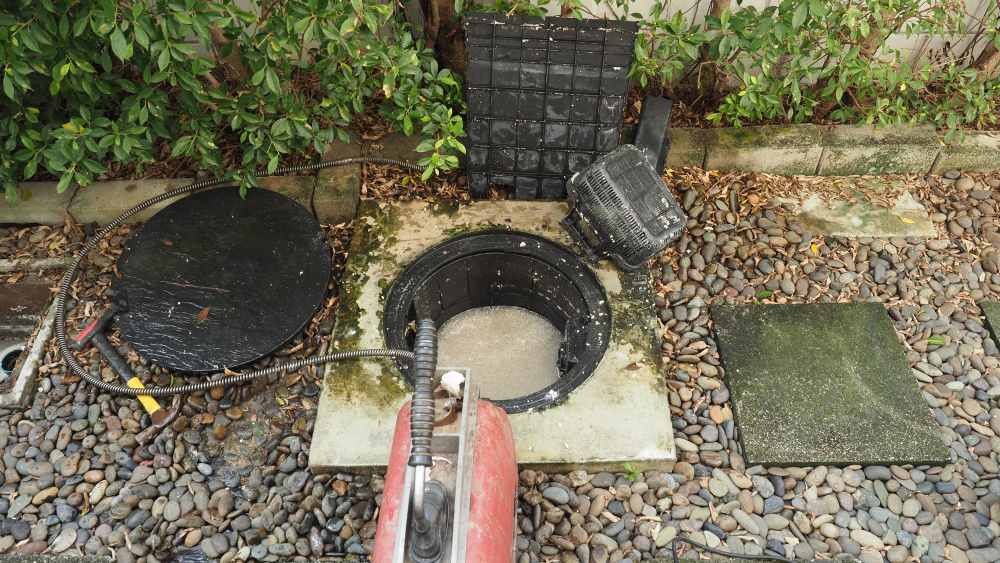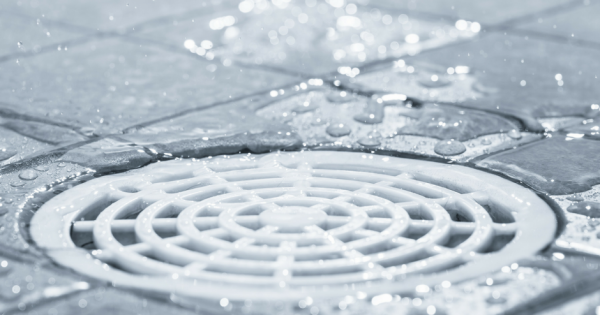Measures to Follow for Repairing a Blocked Drain Before Calling Professional Plumbers
Measures to Follow for Repairing a Blocked Drain Before Calling Professional Plumbers
Blog Article
Every person has their own unique theory with regards to What I learned from trying to deal with a clogged drain.

Introduction
Taking care of a blocked drain can be an aggravating experience, interfering with day-to-day activities and possibly causing damage to your residential property. However, prior to connecting to plumbing professionals, there are steps you can require to deal with the concern yourself. In this overview, we'll discover do it yourself solutions and preventive measures to deal with a blocked drainpipe properly.
Recognizing the Issue
The primary step in resolving an obstructed drain is acknowledging the indications. Slow-moving drainage, gurgling audios, foul odors rising from drains, or water backing up are common signs of an obstructed drainpipe. Determining these signs early can aid prevent further complications.
Common Causes of Obstructed Drainpipes
Comprehending the aspects that add to drain obstructions is vital for efficient resolution. Usual culprits consist of hair, soap residue, grease, food particles, and international objects like sanitary items or paper towels. Tree origins invading below ground pipelines can also trigger substantial clogs.
Do it yourself Solutions
For minor clogs, several DIY options can be efficient. Pouring boiling water down the drain can help liquify oil and particles. Baking soda and vinegar or a mix of salt and baking soda can work as natural cleaners. Using a bettor or pipes snake to dislodge obstructions is one more choice.
Tools and Tools
Having the right tools on hand can make do it yourself drainpipe cleaning much more effective. A bettor is a versatile tool for getting rid of clogs in sinks, commodes, and showers. A plumbing snake or auger can get to deeper clogs, while drain cleansing chemicals can be made use of carefully for stubborn clogs.
Safety nets
To avoid future blockages, embracing preventive measures is crucial. Install drain guards or filters to capture hair and debris before they enter the pipelines. Frequently flush drains with hot water to dissolve oil buildup, and stay clear of getting rid of oil or strong waste down the drain.
When to Call a Professional
While DIY remedies can settle minor clogs, certain signs show the requirement for professional support. Consistent blockages, foul odors despite cleansing efforts, or several drains supporting at the same time are red flags that require experienced intervention.
Selecting the Right Plumbing Solution
When selecting a plumbing solution, take into consideration factors such as experience, licensing, and customer testimonials. Pick a reliable plumbing professional with a performance history of top quality workmanship and clear rates techniques.
Cost Considerations
The expense of specialist drainpipe cleaning company can vary depending upon the intensity of the blockage and the plumber's rates. Demand quotes from numerous suppliers and ask about any type of added fees to ensure openness and stay clear of surprises.
Safety Measures
When trying DIY drainpipe cleaning, prioritize safety. Put on safety gloves and eyeglasses to stay clear of contact with harmful chemicals or microorganisms. Never ever mix different drainpipe cleaning items, as this can generate dangerous fumes.
Situation Studies
Real-life instances highlight the performance of DIY solutions and the importance of timely specialist treatment in solving drain clogs.
Conclusion
By adhering to the suggestions laid out in this guide, you can efficiently take on blocked drains and protect against future plumbing concerns. Whether opting for do it yourself solutions or seeking professional help, timely activity is crucial to keeping a healthy plumbing system and preserving the stability of your home.
How to Clear a Clogged Drain Yourself (And When to Call In the Professionals)
What Can Clog a Drain
Dirt Skin flakes Hair Grease Soap scum Food Offset pipes Tree roots Small objects Mineral buildup DIY Tricks to Unclog a Drain
You can fix this! Once you have identified the source of the clog (or have a vague idea), you can try one or a combination of these fixes in order to clear your plumbing.
Wire Hanger or Snake
Untangle and clear out hair from a drainpipe with a homemade snake. Use a straightened-out wire hanger with a 90-degree angle hook to locate the clog and drag out any unwanted material.
Remember not to push the clog further down to where the wire hanger cannot reach! If you need to follow up with a plunger, give it a try. Your efforts might be more successful after it’s been wire-snaked.
If you want to get fancy and don’t have a wire hanger to spare, head to the store and pick up a hand-operated drain snake. You can get one for $10-$30. It may save you the hassle, and provide additional length to reach deep into the clogged pipe.
Plunger
A cup plunger has a suction cup attached to a wooden handle. The rubber creates a seal around the drain, and increases the pressure force of the plunger.
Plunge for 30-second increments to loosen the clog. This may need to be repeated over the course of 15-20 minutes. Once plunged, run the water to flush the remaining material out of the drain.
Remember– never use a plunger if you have used a chemical drain cleaner. These chemicals can splash up from the force of the plunger and cause serious injury or burns.
Boiling Water
Hot water can sometimes break up materials into a flushable amount. Dirt, grease, and soap buildup requires heat in order to unstick from surfaces.
Take your kitchen kettle and heat your water to a boil. Once it reaches a rolling boil, pour it directly down the drain into the blockage. Carefully follow with plunging, if necessary.
Don’t worry if this takes more than one try! It can often take multiple kettles and repeated plunging in order to clear a particularly stubborn clog.
Chemical Drain Cleaner
As a last resort, pick up a bottle of chemical drain cleaner. Drain-cleaning chemicals are potent, and not very good for the environment.
You may need to wear protective eyewear in gloves before handling your bottle of chemical drain cleaner. Follow the instructions printed on the bottle, and flush with water as soon as the instructions allow. Do not follow with plunging.
Baking Soda and Vinegar
As a safer alternative to chemical drain cleaner, baking soda and vinegar can create a chemical reaction that clears tough clogs.
Combine one cup of cleaning vinegar with one cup of boiling water, and set aside. Once you have done this, pour half a cup of baking soda down the drain. Give the baking thirty seconds to settle and cover a large portion of the problem drain.
Following the baking soda, pour down your vinegar and hot water solution. Once the vinegar and baking soda combine, the mixture will bubble and fix. Let this reaction fizzle in the drain for about an hour.
After an hour, follow with a kettle’s worth of hot water. The heat and liquid should flush out any remaining material.
When to Call a Plumber
If your DIY attempts haven’t cleared your clog drain, it’s time to call in a professional. It’s not worth losing access to your kitchen sink or high-traffic bathroom. A clog in a vital area can keep you from the things you’d rather be doing, and derail your routine.
Anytime a clog is causing water to spread is a time to call in a plumbing service. What starts out as a little bit of water can quickly grow into serious, expensive water damage.
Additionally, a serious clog can result in burst pipes or serious leaks. Make sure you know when to take it seriously!
https://myguysnow.com/how-to-clear-a-clogged-drain-yourself-and-when-to-call-in-the-professionals/

I was made aware of that article about Some easy tips to fix blocked drains through an acquaintance on our other site. Do you know about anybody else who is very much interested in How to handle a clogged drain in your home? Feel free to share it. Thank you so much for taking the time to read it.
Rates Report this page